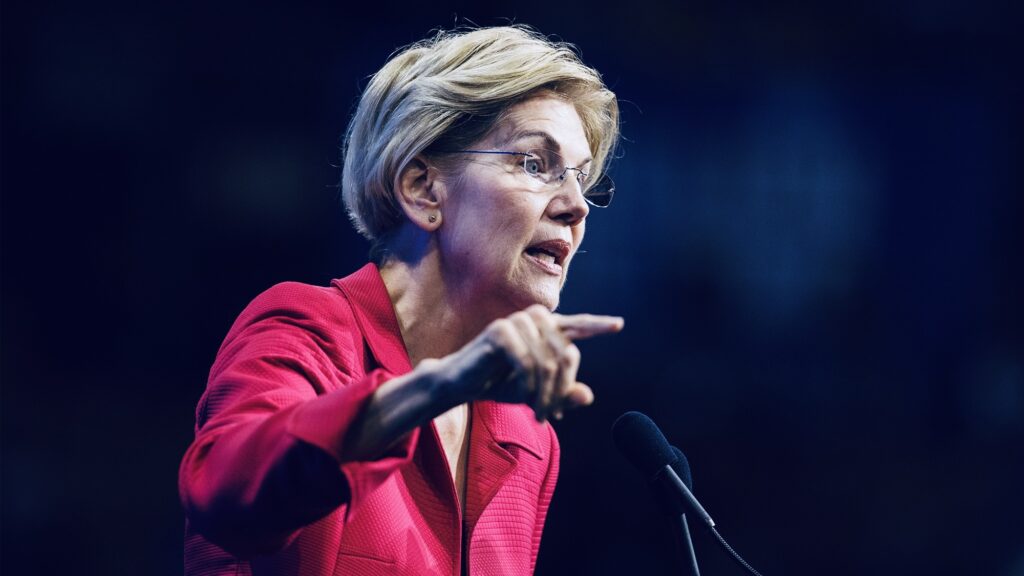
In the latest Senate Banking Committee hearing on China, Senator Elizabeth Warren of Massachusetts attempted to pin an alarming increase in the fentanyl trade on cryptocurrency transactions. Citing a 450% surge in such transactions linked to Chinese fentanyl brokers last year, as noted by a report from Elliptic, Warren seemingly overlooked several crucial factors.
Contrary to Warren’s claims, cryptocurrencies are in fact officially banned in China, raising questions about the authenticity and traceability of the data cited. The Elliptic report also noted that about 90% of the roughly 90 China-based companies involved in the supply of fentanyl precursors were open to accepting payments in cryptocurrencies, but it did not specify the actual volume of transactions completed via this method.
Elizabeth Rosenberg, assistant secretary for terrorist financing and financial crimes at the U.S. Treasury Department, sided with Warren, suggesting that drug dealers likely exploit the pseudonymity inherent in crypto transactions. However, Rosenberg stopped short of confirming cryptocurrencies as a major payment channel for these companies.
Warren appears to be using these statistics to support her case for reintroducing the Digital Asset Anti-Money Laundering Act, initially presented in 2022. However, critics argue that her approach oversimplifies the complexities of the fentanyl trade and overlooks other payment methods used in the illegal drug market.